Cheaper food prices in Greece than in Hungary? – PHOTOS

We have elaborated earlier on the issue of skyrocketing food prices in Hungary in our previous article. Currently, Hungary has the third-highest price increase when it comes to unprocessed food in European Union. Our readers reported that even in neighbouring Austria, certain items cost less. We thought to examine the situation further down south, in Greece. Below, you may read our findings.
Despite the price cap, the cost of fruits and vegetables is 19.5 percent higher than last year in Hungary and will likely surge even further. The quality we receive is also often questionable compared to southern countries. Besides, both local farmers’ markets and supermarkets in the Hellenic country offer a larger selection of seasonal and non-seasonal fruits and vegetables.
Read more: Shocking rise in food prices in Hungary
Farmers’ markets comparison
We visited a local farmers’ market in Kallithea, a southern neighborhood of Athens, in the morning hours when vendors still charge higher prices than in the early afternoon hours before closing. To compare the costs, we took the average prices of fruits and vegetables and Nagybani market in Budapest, the price differences were shocking in many cases. Greek tomatoes come for EUR 0.50-0.60/kilogram, depending on the size, while Hungarian tomatoes are priced at HUF 385/kilogram (EUR 0.96) on average. The price of broccoli was 1 euro in Greece but in Hungary, it can cost as much as HUF 660-800 (EUR 1.64-1.99). One kilogram of cucumber is EUR 0.75 in Athens and approximately HUF 500 (EUR 1.24) in Budapest. Zucchini also showed a minor price difference, costing EUR 0.50 abroad and HUF 300-350 (EUR 0.75-0.81) at home. Green beans are EUR 1.99 in the Mediterranean country and HUF 1,100-1,500 (EUR 2.74-3.73) in Hungary. You can buy potatoes for as little as EUR 0.35, while the lowest price in Hungary is HUF 160 (EUR 40). Everyone’s favourite summer fruits, peaches and watermelons showed striking differences in prices in the two capitals. While Greek peaches cost only EUR 0.98-1 per kilogram, Hungarian vendors sometimes charge as much as HUF 900 (EUR 2.24) for them. Watermelons were sold for EUR 0.50, whereas Hungarian supermarkets charge HUF 399 (EUR 0.99) for a kilogram of this juicy treat if it is still available at all.

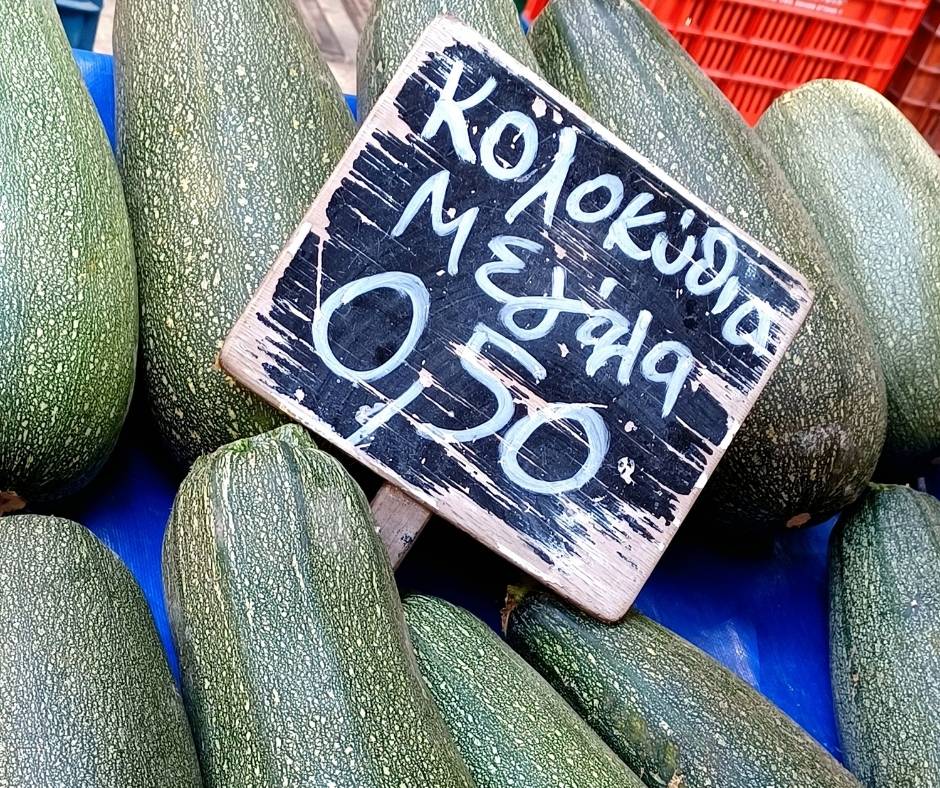
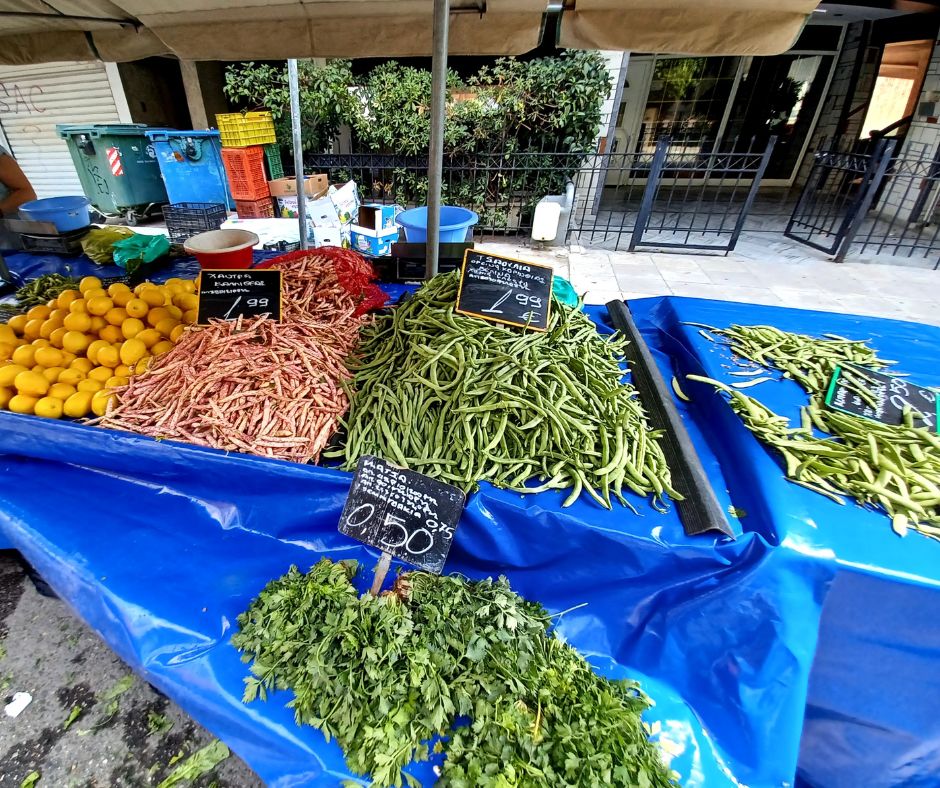
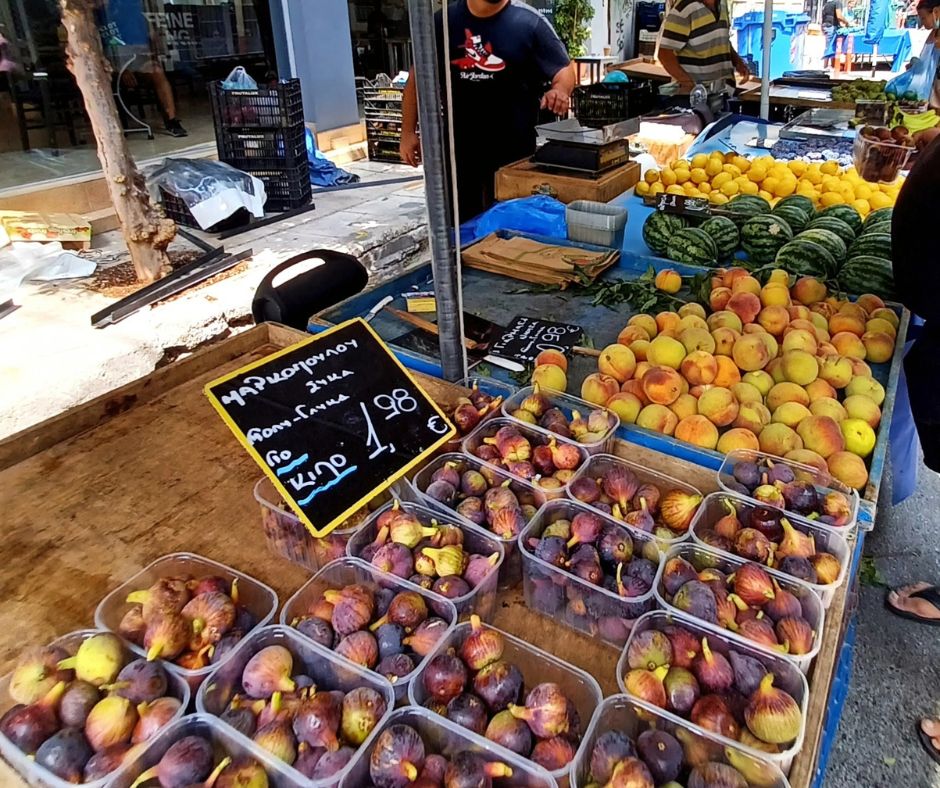
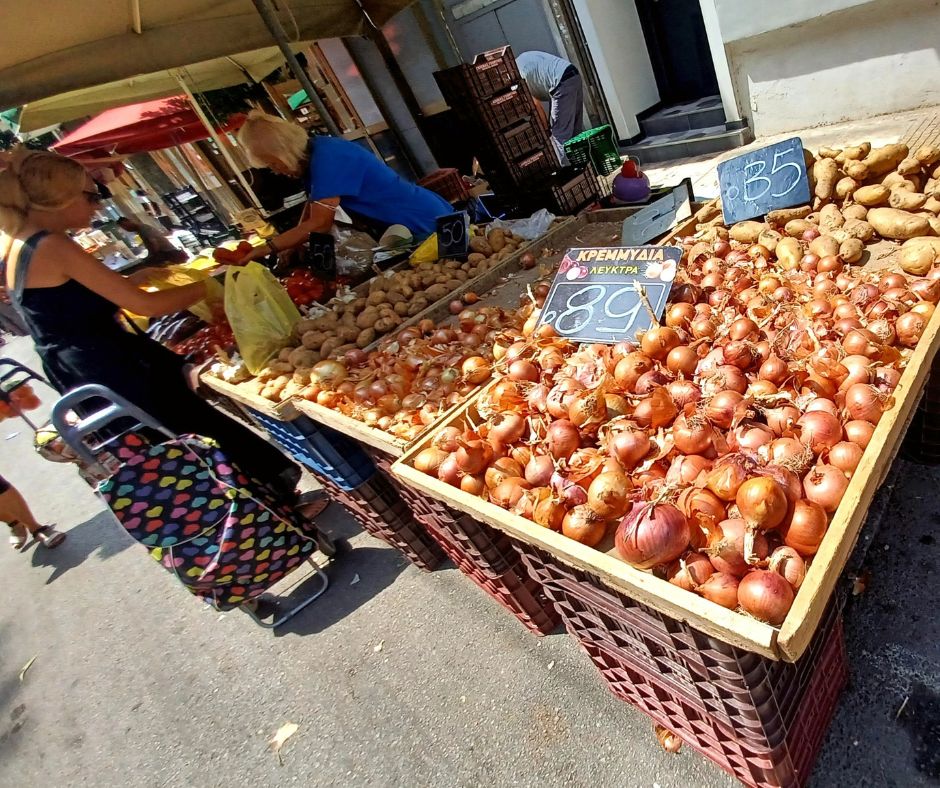
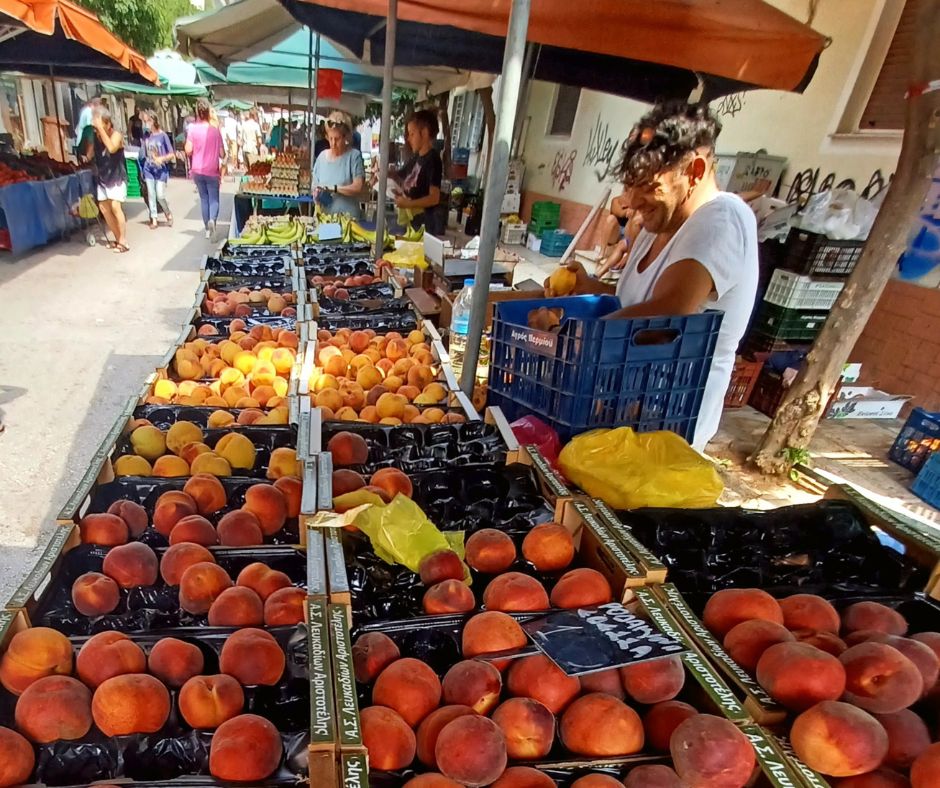
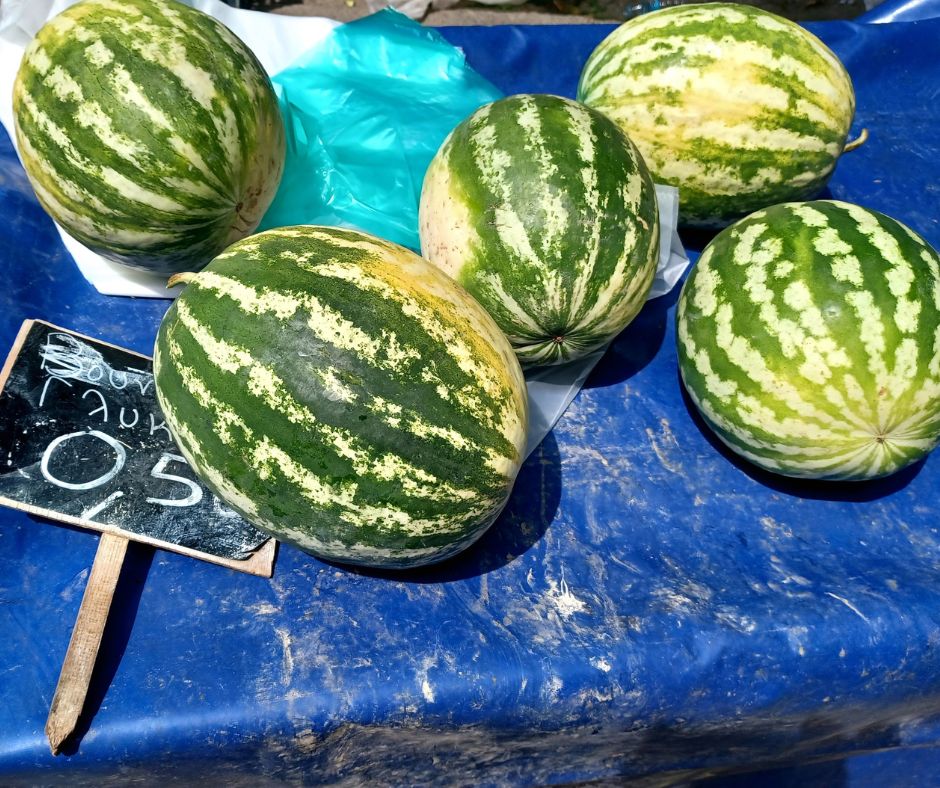
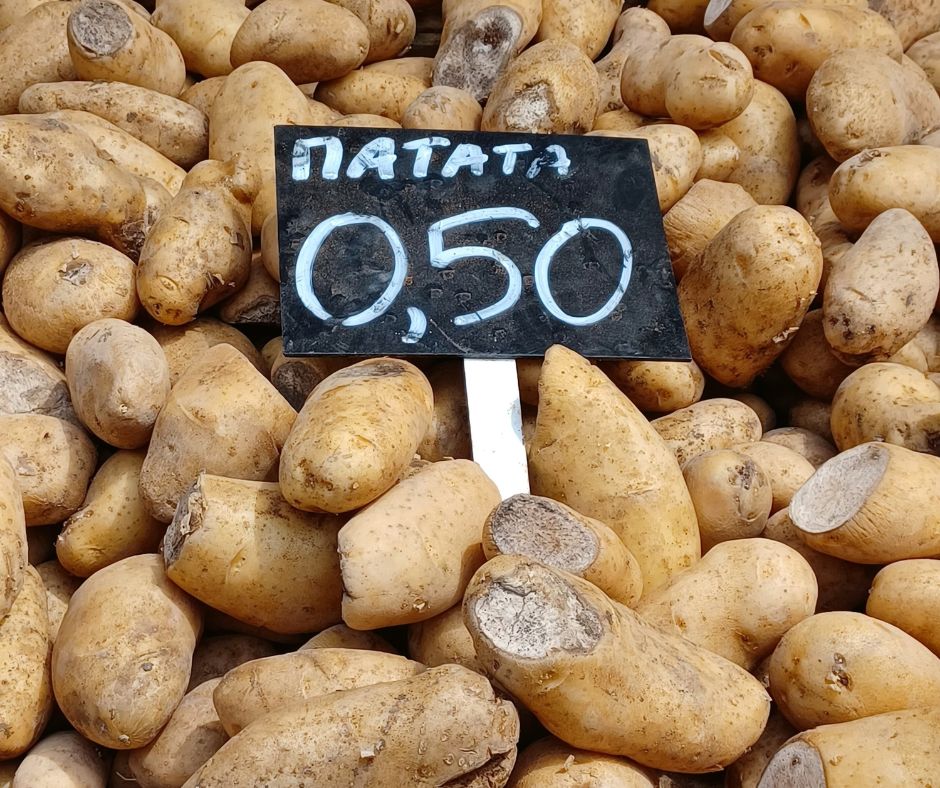
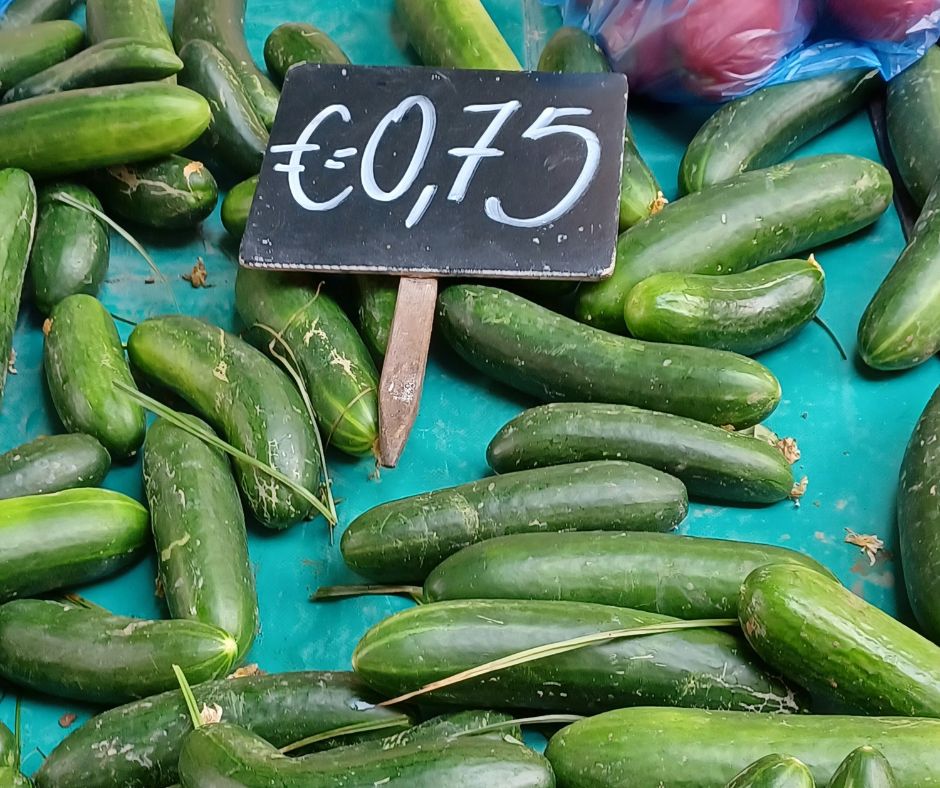
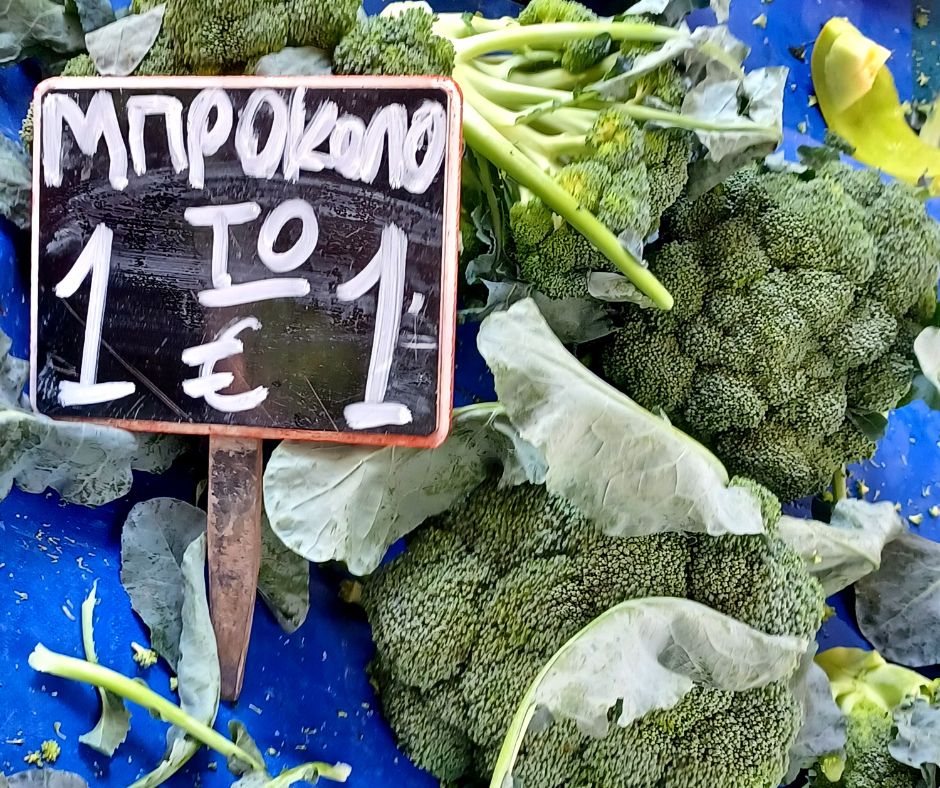
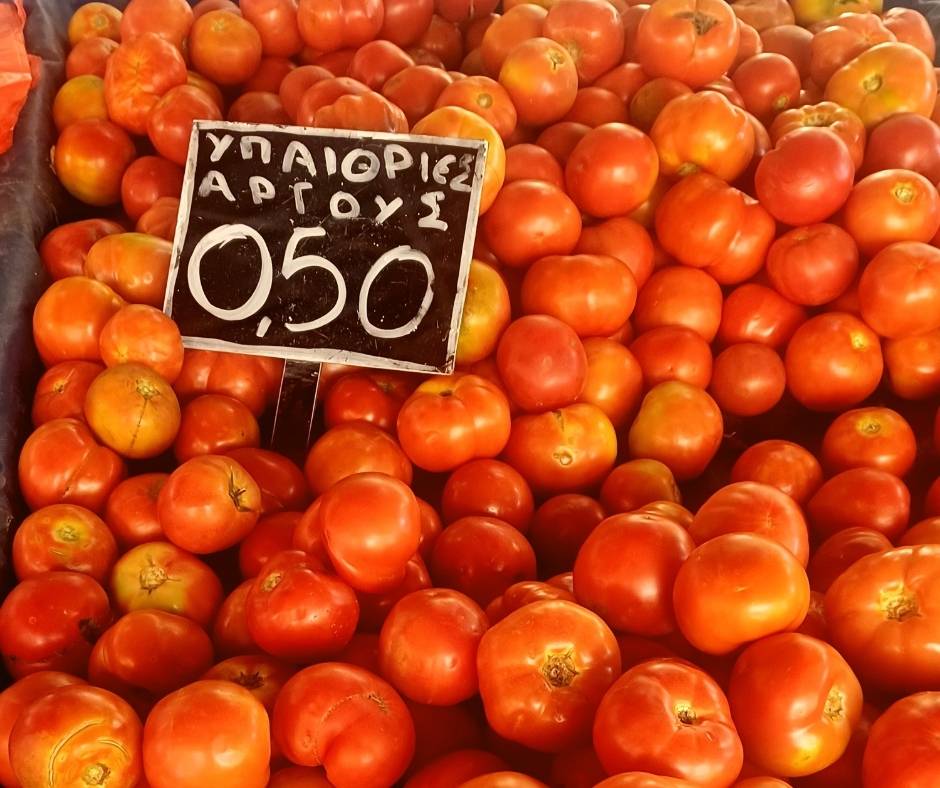
Supermarket comparison
Lately, everyone has been complaining that under HUF 10,000 (EUR 25.07) you can barely purchase anything during your weekly supermarket visit. We thought to check out one of the more economical chains, Lidl in Athens to see what prices they operate with and whether we can fill up our basket under EUR 25. Here you can see our findings:
| Organic eggs (12 pieces) | EUR 2.59 |
| 500 g chicken breast | EUR 5.39 |
| 500 g oyster mushrooms | EUR 1.97 |
| 300 g sea bream | EUR 4.29 |
| 500 g organic grapes | EUR 1.55 |
| 500 g packaged beetroot | EUR 0.89 |
| 90 g smoked pork loin | EUR 2.99 |
| 360 g avocado | EUR 1.60 |
| a bouquet of dill | EUR 0.55 |
| 200 g red onions | EUR 0.22 |
| 500 g Organic rice | EUR 1.69 |
| 500 g Sweet potato | EUR 1.11 |
| shopping bag | EUR 1 |
Our conclusion
As you can see from the list, Greek shoppers can comfortably buy three different types of meat (chicken, pork and fish) and even premium products such as organic fruits and vegetables under EUR 25 in local supermarkets. Of course, these items are just examples and were selected based on personal preferences. If you choose more “modest” food articles such as pasta, rice, or low-cost packaged/processed items, you can save up even more money or end up with a fuller shopping basket. Altogether, we can conclude that many if not most food items are cheaper in Greece than in Hungary and, taken into consideration the rapid surge of inflation, things do not look any rosier in the future either.
Read more: Where is shopping cheaper: in England or in Hungary?
Source:








Great article especially the essential food price comprison, just shows how much the cost of living has increased across the globe.